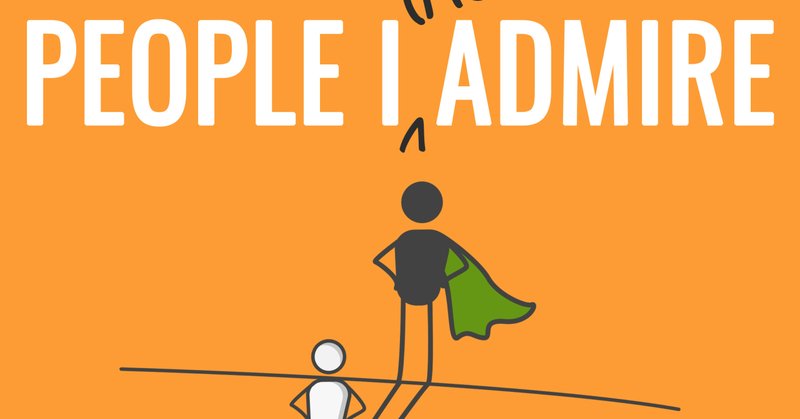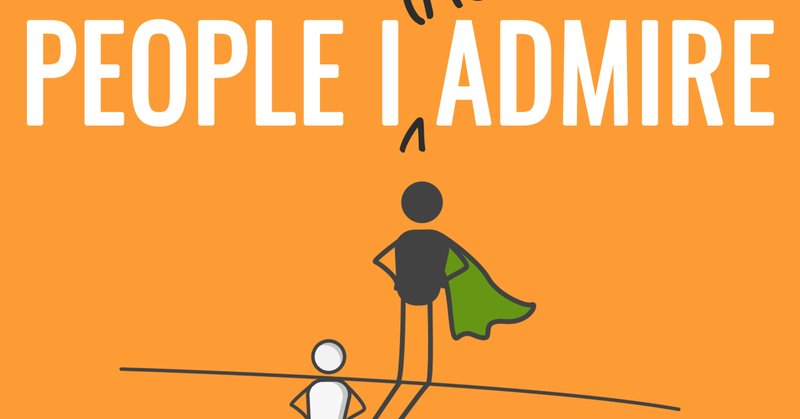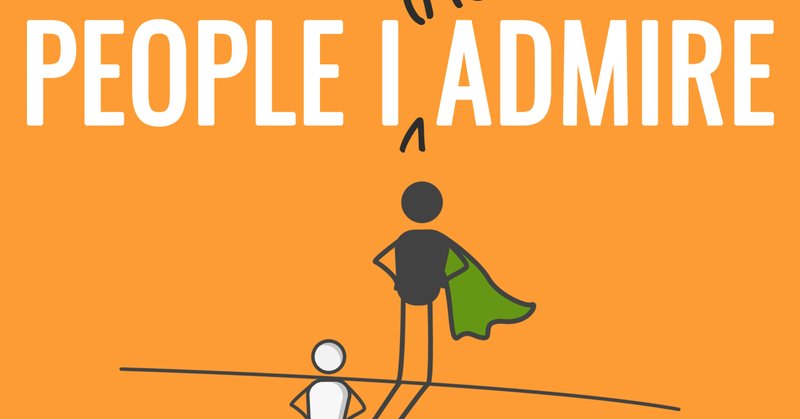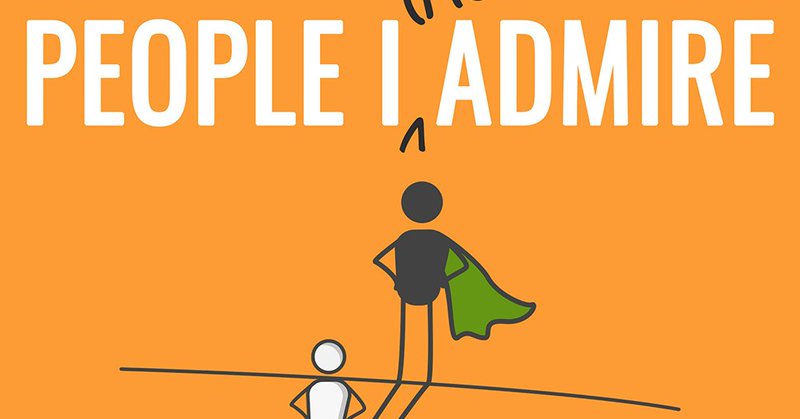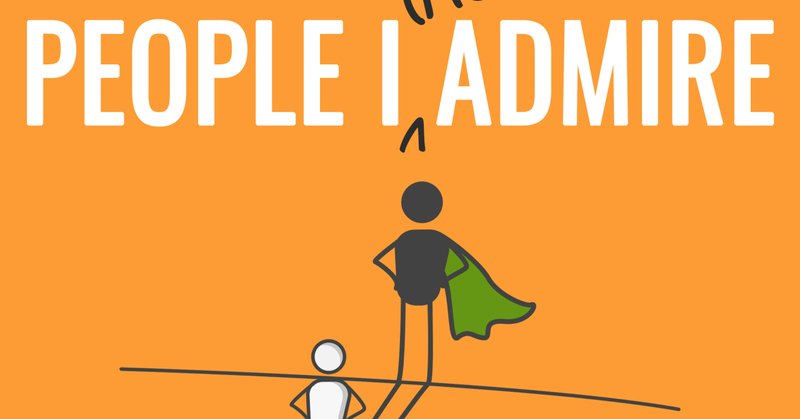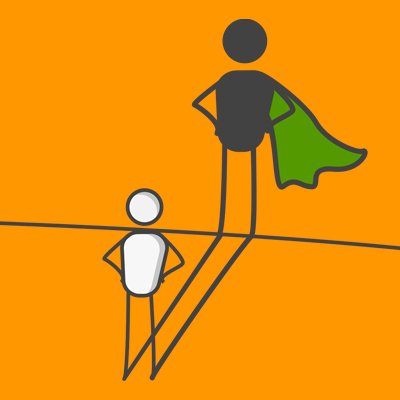
People I (Mostly) Admire
@MostlyAdmiring
Followers
7K
Following
1
Media
6
Statuses
1K
Hosted by @StevenDLevitt A podcast from the Freakonomics Radio Network.
Joined October 2020
Stefanie Stantcheva’s (@S_Stantcheva) approach seemed like career suicide. In fact, it won her the John Bates Clark Medal. She talks to fellow winner @StevenDLevitt about why she uses methods that most of the profession dismisses.
freakonomics.com
The Economist Who (Gasp!) Asks People What They Think - Freakonomics
27
7
51
From recording some of the first rap hits to revitalizing Johnny Cash’s career, @RickRubin has had an extraordinary creative life. In this episode he talks about his new book — and helps @StevenDLevitt get in touch with his own artistic side.
freakonomics.com
Rick Rubin on How to Make Something Great (Update) - Freakonomics
0
1
8
More than two decades ago, Adam Riess’s Nobel Prize-winning work fundamentally changed our understanding of the universe. His new work is reshaping cosmology for a second time.
freakonomics.com
Unravelling the Universe, Again - Freakonomics
0
3
9
Uri Simonsohn (@uri_sohn) is a behavioral science professor who wants to improve standards in his field — so he’s made a sideline of investigating fraudulent academic research. He tells @StevenDLevitt how he does it.
freakonomics.com
The Data Sleuth Taking on Shoddy Science - Freakonomics
0
4
14
Former U.S. Secretary of Education, 3×3 basketball champion, and leader of an anti-gun violence organization are all on @arneduncan’s resume. He’s also Steve’s neighbor. The two talk about teachers caught cheating in Chicago public schools.
freakonomics.com
Arne Duncan Says All Kids Deserve a Chance — and Criminals Deserve a Second One (Update) - Freakonomics
0
2
6
Kate Marvel (@DrKateMarvel) spends her days playing with climate models. As a physicist she gets tired of being asked to weigh in on economics, geopolitics, and despair — but she defends the right of scientists to have strong feelings about the planet.
freakonomics.com
Will We Solve the Climate Problem? - Freakonomics
0
1
8
Twenty years ago, before the “Freakonomics” book tour, Bill McGowan (@BillMcGowan22) taught Steve Levitt to speak in public. In his new book he tries to teach everyone else.
freakonomics.com
How to Captivate an Audience - Freakonomics
0
3
20
Former professional poker player @AnnieDuke wrote a book about @StevenDLevitt’s favorite subject: quitting. They talk about why quitting is so hard, how to do it sooner, and why we feel shame when we do something that’s good for us.
freakonomics.com
Annie Duke Thinks You Should Quit (Update) - Freakonomics
1
1
13
Psychologist David Yeager thinks the conventional wisdom for how to motivate young people is all wrong. His model for helping kids cope with stress is required reading at @StevenDLevitt’s new high school.
freakonomics.com
How to Help Kids Succeed - Freakonomics
0
1
11
Robin Wall Kimmerer is a botanist, a member of the Citizen Potawatomi Nation, and the author of the bestselling “Braiding Sweetgrass.” In her new book she criticizes the market economy — but she and Steve find a surprising amount of common ground.
freakonomics.com
Robin Wall Kimmerer’s Manifesto for a Gift Economy - Freakonomics
0
2
8
Palliative physician B.J. Miller (@bjmillermd) asks: Is there a better way to think about dying? And can death be beautiful?
freakonomics.com
Does Death Have to Be a Death Sentence? (Update) - Freakonomics
0
1
4
Historian Tom Holland (@holland_tom) escaped a career writing vampire novels to become the co-host of the podcast “The Rest Is History.” At @StevenDLevitt’s request, he compares President Trump and Julius Caesar and explains the culture wars.
freakonomics.com
Why Did Rome Fall — and Are We Next? - Freakonomics
0
7
19
John Green (@johngreen) returns to the show to talk about tuberculosis — a disease that kills more than a million people a year. @StevenDLevitt has an idea for a new way to get treatment to those in need.
freakonomics.com
The Deadliest Disease in Human History - Freakonomics
0
4
6
Abraham Verghese (@abe_verghese) is a physician and a best-selling author. He explains the difference between curing and healing, and tells @StevenDLevitt why doctors should spend more time with patients and less with electronic health records.
freakonomics.com
Abraham Verghese Thinks Medicine Can Do Better (Update) - Freakonomics
0
2
8
Jens Ludwig has an idea for how to fix America’s gun violence problem — and it starts by rejecting conventional wisdom from both sides of the political aisle.
freakonomics.com
A Solution to America’s Gun Problem - Freakonomics
0
1
4
On this week’s episode: Ellen Wiebe is a physician who helps seriously ill patients end their lives in Canada, where assisted suicide is legal. Is death a human right?
freakonomics.com
Helping People Die - Freakonomics
0
1
5
Things haven’t always come easily for Yul Kwon. Steve Levitt talks to Kwon about his debilitating childhood anxieties, his compulsion to choose the hardest path in life, and how Kwon used game theory to stage a victory on Survivor.
freakonomics.com
Yul Kwon: “Don't Try to Change Yourself All at Once.” (Update) - Freakonomics
0
1
9
Can robots get a grip? Ken Goldberg is at the forefront of robotics — which means he tries to teach machines to do things humans find trivial.
freakonomics.com
Can Robots Get a Grip? - Freakonomics
1
2
5
Suzanne O'Sullivan is a neurologist who sees many patients with psychosomatic disorders. Their symptoms may be psychological in origin, but their pain is real and physical — and the way we practice medicine, she argues, is making health problems worse.
freakonomics.com
We’re Not Getting Sicker — We’re Overdiagnosed - Freakonomics
3
1
8
Reginald Dwayne Betts spent more than eight years in prison. Today he's a Yale Law graduate, a MacArthur Fellow, and a poet. His nonprofit works to build libraries in prisons so that more incarcerated people can find hope.
0
3
17

